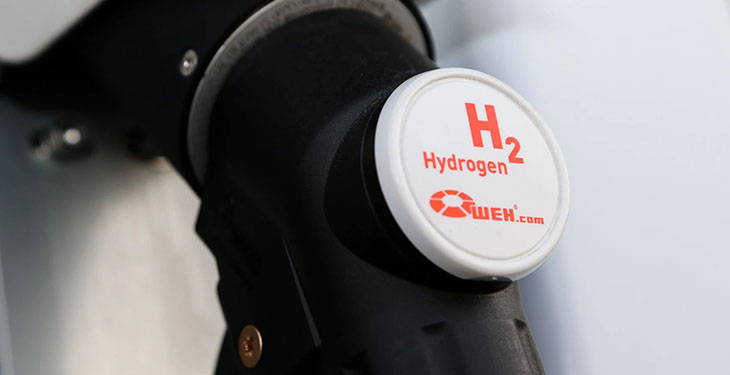About 27 companies, including Enel, have sent a letter to Energy Ministers asking them to put renewable hydrogen solutions at the heart of the Hydrogen Council Conclusions, which are due to be adopted this month. The signatories urge Member States to commit to an ambitious regulatory framework that accelerates the implementation of renewable energy sources, increases the production of “made in Europe” electrolysers and supports technological advances that increase the efficiency and competitiveness of hydrogen from renewable sources.
”The EU Hydrogen Strategy acknowledges, without ambiguity, that renewable hydrogen produced from 100% renewable electricity through electrolysis is the most sustainable solution for delivering the Green Deal. The EU must put all resources and political will in making this renewable-based hydrogen competitive with conventional hydrogen solutions before 2030,” the document reads.
”Becoming a global leader in renewable hydrogen cannot be achieved without bold commitments. The European renewable success story was built on a clear political framework and targeted support schemes to spearhead innovation and accelerate economies of scale. In less than a decade wind and solar became the most cost-competitive sources of new power generation.”
To replicate this success in renewable hydrogen, signatories urge the Member States to commit to an ambitious regulatory framework. One that accelerates renewables deployment, scales up the production of electrolysers “made in Europe,” and supports technological breakthroughs increasing the efficiency and competitiveness of renewable hydrogen solutions.
”The primary driver of this revolution is direct electrification and the further uptake of renewable electricity by 2030. The EU must recognise the need for new, hydrogen-related renewable installations in the review of the Union’s binding renewable energy target by 2030. This will ensure Europe builds upon the benefits of direct electrification which is today the most competitive decarbonisation solution for most of energy uses, while securing the capacities needed to produce renewable hydrogen at scale. The second driver is innovation. Europe must significantly increase the efficiency and competitiveness of its electrolyser technologies. To achieve this, there is no time to waste in transition investments. The EU needs to channel available funds, from the Recovery and Resilience Facility, Horizon 2020 and Green Deal calls towards such future-proof technologies. They will reduce Europe’s reliance on fossil fuel and accelerate the competitiveness of renewable hydrogen solutions even before 2030.
The third driver is the roll-out of the right electricity and hydrogen infrastructure. In the short-term while renewable-based hydrogen solutions are upscaling volume production, Europe must prioritise the faster modernisation of its electricity grids and streamline investments into hydrogen infrastructure with a prime focus on the local production and use of renewable-based hydrogen, to meet specific needs from ’hard to abate’ sectors. Repurposing of existing pipelines should not be an objective per se, to avoid investments in stranded assets and unnecessary costs for EU citizens.”
